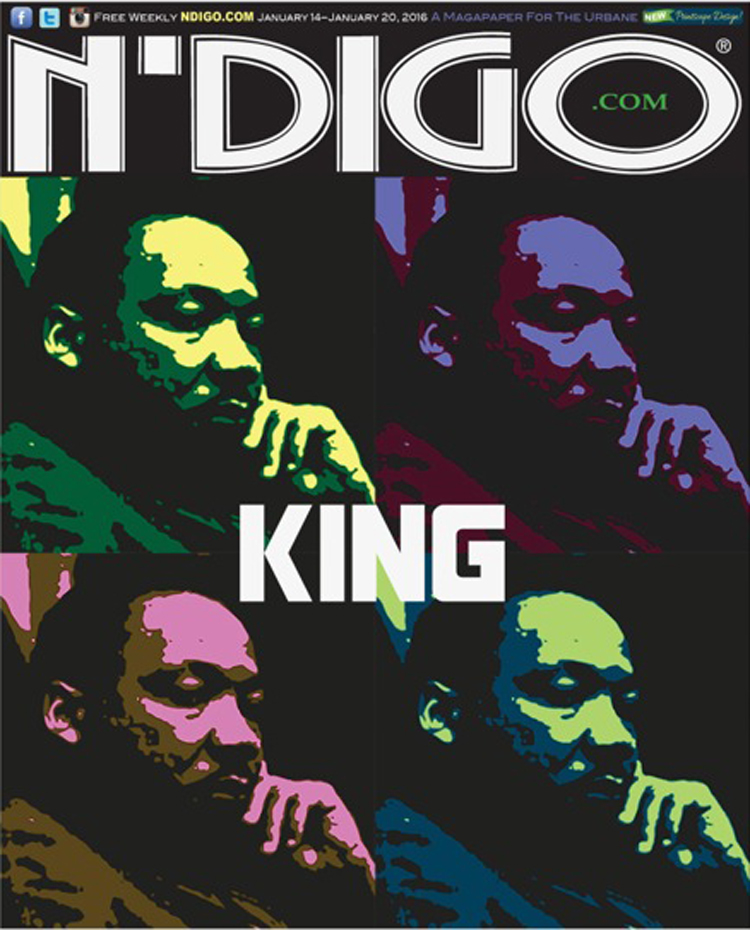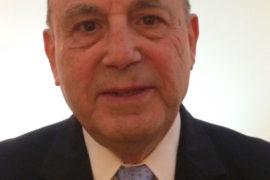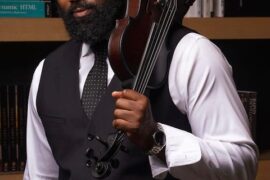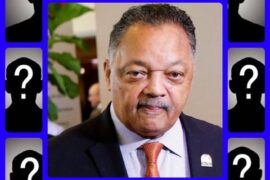Dr. Martin Luther King¹s life in the Civil Rights Movement was a short 13 years.
From the Montgomery, Alabama Bus Boycott in 1955 to the march in Memphis for the garbage workers in 1968, he challenged and changed America’s patterns of racism.
King’s non-violence was modeled after Mahatma Gandhi’s activism in India. King held a doctorate from Boston University. His first efforts failed in Albany, Georgia.
The Montgomery Boycott was stimulated by the seamstress Rosa Parks, who on December 1, 1955, refused to move to the back of the bus after paying her fare so that a White man could sit down in her seat in the front. When Parks was jailed, the community went into an uproar and rebelled.
In August of 1955, the 14-year-old teen from Chicago, Emmett Till, had been brutally killed in Mississippi by White men for whistling at a White woman.
King always had advisors. The Blacks (then called Negroes) were tired of discrimination. They organized themselves over a bus boycott and African Americans refused to ride the busses. They assembled car pools and walked to their destinations instead for a solid year.
After a year, the boycott resulted in the bus company looking at bankruptcy. Negotiations pursued and the successful boycott resulted in Blacks being able to ride wherever they chose to sit, as they paid their fare on the bus.
This was a major victory. It took Rosa Parks to stimulate the march. It took the boycott to end segregation on the busses. Segregation, or Jim Crow, was a common practice in Southern states and it was coming to an end. Dr. King brought about real CHANGE.
King’s Rise
The Montgomery Boycott elevated Rev. King to prominence. The media was paying attention. National news was reporting, international news noticed. He was a young, 26-year-old Baptist preacher who spoke unapologetically on the unjust Negro condition. He preached about the social ills. Students listened and other campaigns followed.
The campaigns were always student-filled, youth-oriented and faith-based and were pursued throughout the South. There was the Birmingham Campaign and The March on Washington, where Dr. King¹s most popular speech was given.
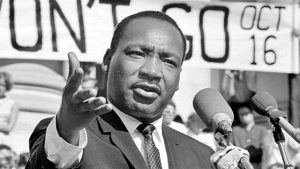 The “I Have a Dream” speech was about jobs and freedom, but more than that, it was about a dream. Dr. King gave a Baptist preacher clarion call to America.
The “I Have a Dream” speech was about jobs and freedom, but more than that, it was about a dream. Dr. King gave a Baptist preacher clarion call to America.
In one speech, he summed up a history lesson and a vision on moving forward and challenging America to live up to its creed and code of conduct that the forefathers had penned.
The world listened as 250,000 appeared before him. It was a monumental moment. It was a historical moment for America, which realized at all levels that social change was necessary.
King spoke to the throne of power in front of the Lincoln statue. King’s voice was heard and that speech today is considered one of the greatest speeches ever made.
A King monument sits on the Washington mall today, in his honor. So, the history is benchmarked from Lincoln to King and now includes the historical presidency of President Obama.
Today’s conditions are ripe for another King type movement to take place.
King’s movement was faith-based funded. People gathered in the church and made donations as they structured a newfound freedom. There were no studies from universities; there were no grants from foundations to King’s organization, The Southern Christian Leadership Conference, SCLC. There were no corporate sponsorships.
Instead, grassroots people passed the basket. The Civil Rights Movement was a people¹s movement. There was never enough money. People of the movement were volunteers. People came together, White and Black, and Dr. King was jailed as he fought racism.
There were divisions in King’s movement, make no mistake. There was jealousy in the leadership. King was the young one who could preach, teach, minister and attract media attention. He was a brilliant mind with brilliant minds with him, who followed.
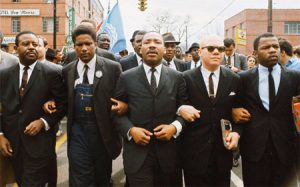 The King team, the aides, as they were often referred to, knew their jobs. There were the Reverends Andrew Young, Jesse Jackson, James Bevel and others. The King team was small, young and tight.
The King team, the aides, as they were often referred to, knew their jobs. There were the Reverends Andrew Young, Jesse Jackson, James Bevel and others. The King team was small, young and tight.
These aggressors moved forward, stating the case, and defining the issues and stepping to the issues of the day. They were organizers. They organized people to vote to formulate a political power, a political force in the Democratic Party that is still very much in place.
Old politics changed and a new politic was born, but as people registered to vote, they were challenged. The southern status quo was threatened. The Dixie rats lost, as inclusion was taking place. Southern politics was never to be the same.
But Blacks were threatened, people lost jobs, they lost businesses, and they lost scholarships. In some cases, houses were bombed and burned. Water hoses, dogs and horses challenged the marchers.
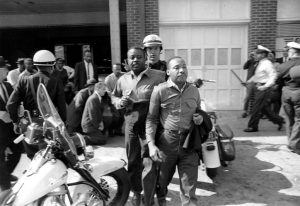 Some people lost their lives for the movement. People died for freedom and in the process, they gained freedom.
Some people lost their lives for the movement. People died for freedom and in the process, they gained freedom.
The protesters were jailed and discouraged. Jim Bevel’s thought was to put as many students in jail as possible, because the jail cells could not hold them all. A little known fact, is that Mr. John Johnson of Johnson Publishing and Ebony and Jet fame, often paid the bail for the jailers.
The marching continued. The marches grew larger. Celebrities joined the marches. The likes of Harry Belafonte, Sammy Davis Jr., Lena Horne, Eartha Kitt, Sidney Poitier, Tony Bennett, and James Baldwin marched with King.
The Selma march was notable. People marched for the right to vote. They were turned backed a couple of times by racist cops with dogs and fire hoses. The marchers were beaten.
King used the celebrities and the media as fundraisers for his cause. The march across the Pettus Bridge in Selma became international news.
In the long run the marchers won. Segregation, discrimination, were lessening as racism was being confronted by the voice of a Baptist Preacher.
A New Politic
The Civil Rights Movement gave rise to a modernized Democratic Party. The Civil Rights Movement met politics squarely in the face and changed America’s body politic. A new politic emerged and Rev. Jesse Jackson was a part of the historical change.
He says, “Hands that picked cotton can pick presidents.” It happened. And here we are today with the right to vote and yet many don’t, after all that so many people went through and sacrificed for.
The police are shooting down young Black men in the streets; the police shootings are almost like the lynchings, where once hung Black men from trees on Sunday afternoons.
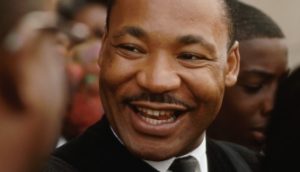 King provided a formula for success. King’s protest still works. If you gather enough people with a voice and strike at the economics of a situation, change will come about surely, as the politic changes.
King provided a formula for success. King’s protest still works. If you gather enough people with a voice and strike at the economics of a situation, change will come about surely, as the politic changes.
As we celebrate King’s birthday, it has become musicals, sermons, retail sales, special TV shows and the like. But don’t forget King’s powerful message and his movement that changed this country for the better.
Today’s conditions are ripe for another King type movement to take place.
And we rise.


